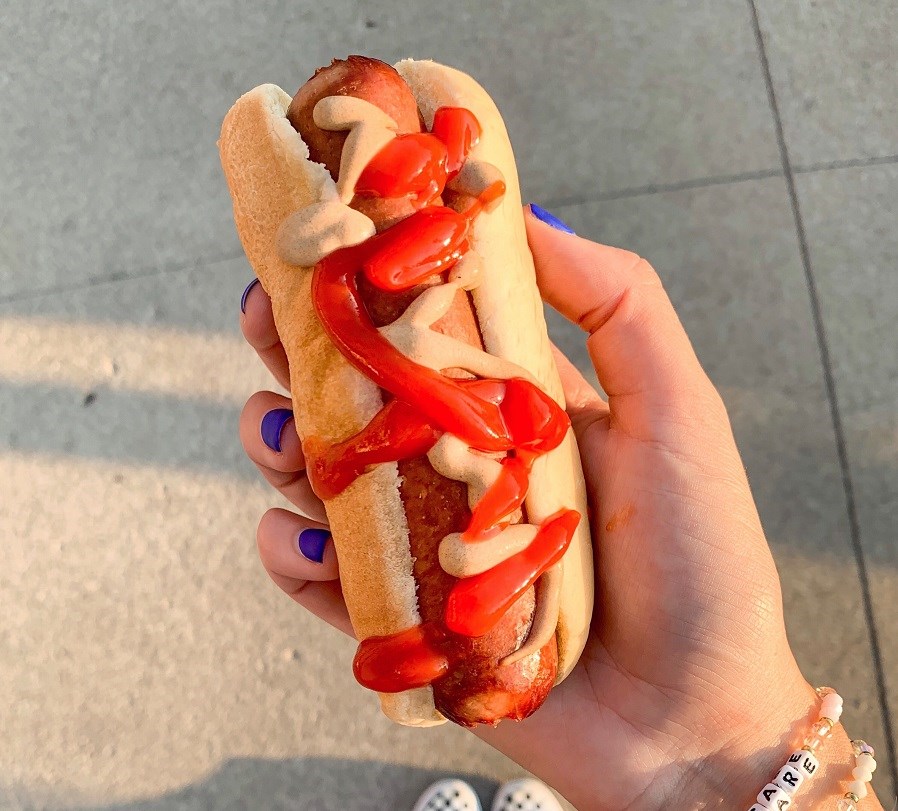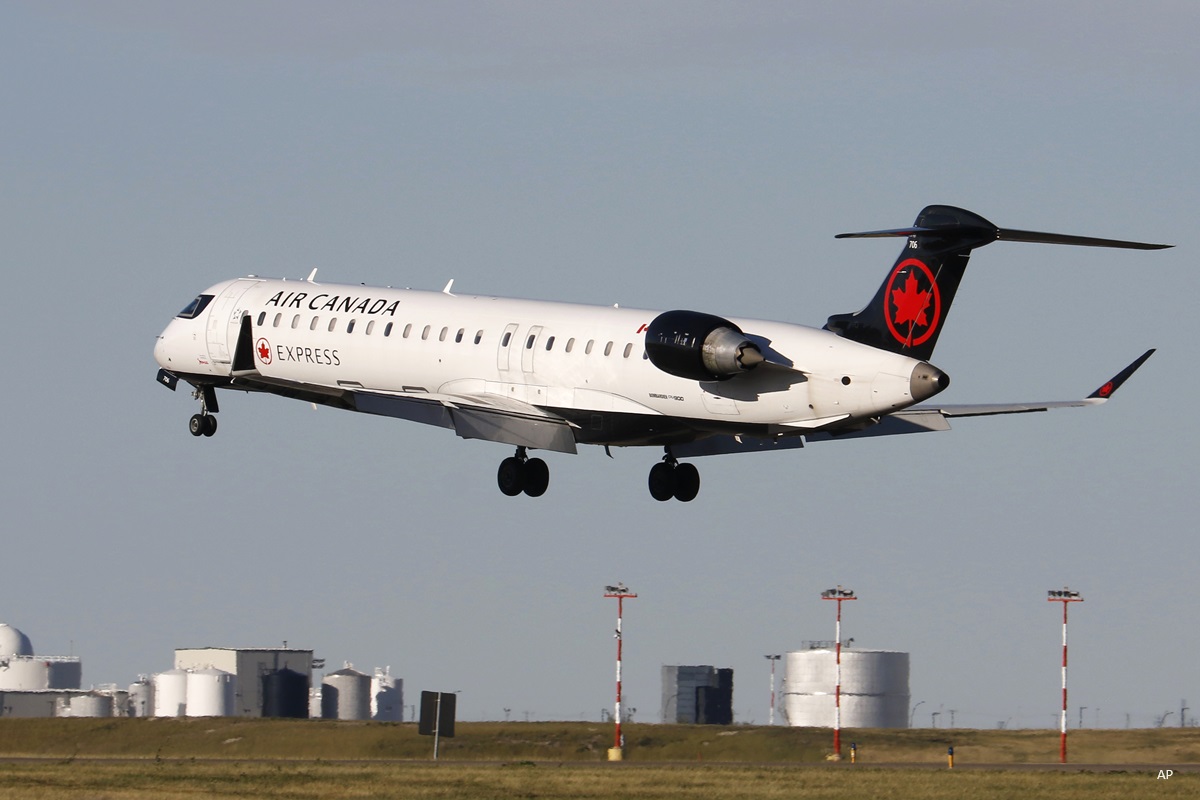
Today is Hot Dog Day, and hot dog stocks are on sale!
Celebrated mostly in North America, (though Wikipedia suggests it’s a thing in Australia as well) Hot Dog Day is the third Wednesday in July – and usually involves eating a LOT of hot dogs. Well, maybe not as many as Joey “Jaws” Chestnut and Miki Sudo.
On July 4th this year, Chestnut and Sudo once again won the Nathan’s Hot Dog Eating contest – which was, for the first time, held without fans, and in a socially distanced way. Women’s champion Sudo ate 48 and a half hot dogs and buns, while Chestnut ate 75 of them – in 10 minutes.
If you want to be a world champion, those are the numbers to beat. But if you want to participate in the hot dog frenzy, without risking a stomach-ache, you might consider investing in companies that make these products. In our coverage universe, two undervalued stocks just might do the trick:
| Name | Morningstar Star Rating | Economic Moat | Moat Trend | Fair Value | Fair Value Uncertainty |
| The Kraft Heinz Co | 4 | None | Negative | 0.71 | High |
| Tyson Foods Inc Class A | 4 | None | Stable | 0.72 | High |
Morningstar Direct Data as of July 20th
The American Meat King
Tyson Foods (TSN) is the largest U.S. producer of beef and poultry. Tyson’s beef and pork segments (together 49% of 2019 revenue and 47% of EBIT) are sold under brands The Bruss Company, Chairman’s Reserve, Open Prairie, and IBP Trusted Excellence, among others. Very few products in these segments are sold under the Tyson brand: only bacon, frozen country-fried steak, and frozen breaded steak fingers. The prepared foods segment has some widely recognized brands, such as Jimmy Dean, Hillshire Farm, Sara Lee, and Ball Park.
Despite this, Morningstar equity analyst Rebecca Scheuneman does not award this company an economic moat in the absence of a competitive advantage, either a brand intangible asset or a cost edge.
“While proteins are generally on-trend with consumers, 80% of Tyson’s products are undifferentiated and therefore it is difficult for them to command a price premium and higher returns. Further, several factors out of the company’s control affect costs, either directly or indirectly (weather, herd/flock health, global trade), which can constrain profitability from time to time. And although Tyson is the largest U.S. producer of beef and chicken, we do not believe this affords it a scale-based cost advantage, as its segment margins tend to be in line with or below those of its smaller peers,” she says.
Tyson’s shares have declined 33% year-to-date, compared to the 2% increase in the Morningstar US Market Total Return index. This pressure stems from concerns about lower sales to restaurants and higher operating costs, as the company has experienced high worker absenteeism from COVID breakouts among plant workers.
“We also posit that the firm’s varied channel exposure is a plus. And despite restaurant closures that ensued to stem the spread of COVID-19, with 45% of its sales from retail (versus 31% from the food-service channel), we believe Tyson is poised to weather the current pandemic,” Scheuneman says. She recently lowered her fair value estimate for Tyson to US$84 as she doesn’t think recent retail sales strength will fully offset weak sales in food-service and industrial end markets.
"We think Tyson shares, which trade at a material discount to our fair value estimate, offer an attractive risk/reward for long-term investors. The pandemic-related disruption in the meat processing industry has caused livestock prices to fall, while prices for cuts of processed meat have increased, which lowers Tyson’s cost while increasing its selling prices. This profit margin benefit should be substantial, more than offsetting the firm’s incremental costs, such as frontline bonuses, protective equipment, sick time, and fixed cost deleveraging. As such, we think the recent share weakness is an overreaction, creating a unique buying opportunity, Scheuneman says.
The Hot Dog Kings
Chicago-based The Kraft Heinz Co (KHC) company, formed five years ago after the merger of Kraft and Heinz sells hot dogs under the Oscar Mayer brand.
Since the tie-up in 2015, Kraft Heinz has operated as the third-largest food and beverage firm in North America behind PepsiCo and Nestle, boasting around US$20 billion in sales on its home turf in 2019 (and about US$25 billion on a consolidated global basis). Morningstar sector director Erin Lash believes the hallmark of the combination of Kraft and Heinz had resided in its ability to extract a significant degree of costs from its operations (with operating margins that now hover in the low-20s, materially above the mid- to high-teens its peers boast).
“However, we don’t posit that this level of profitability evidences a scale edge but rather is derived as it has opted to refrain from investing meaningful resources behind its brands. In this vein, investments in research, development, and marketing have amounted to just 4%-5% of sales annually at Kraft Heinz, generally lagging the mid- to high-single-digit levels at peers,” she points out.
Even with increased consumption of packaged food (like the fare within Kraft Heinz's mix) amid recently mandated shelter-in-place orders and social distancing initiatives due to COVID-19, lash believes consumers will opt to destock their pantries over time. She is holding the line on her US$48 fair value estimate, which implies a fiscal 2020 enterprise value/adjusted EBITDA multiple of 15 times.
“Although we subscribe to the belief that amid the recently mandated shelter-in-place and social distancing initiatives, at-home food consumption is poised to ramp up over the near term, aiding firms like Kraft Heinz that sell the bulk of its wares through the retail channel (which we estimate at 85% of its total sales). However, we don’t surmise this growth will persist at the same cadence, as consumers work through their at-home inventory and ultimately venture out to restaurants, and think sales will eventually revert back to the low-single-digit marks that tend to emulate from this mature industry,” she points out.





















